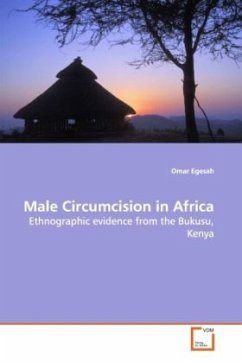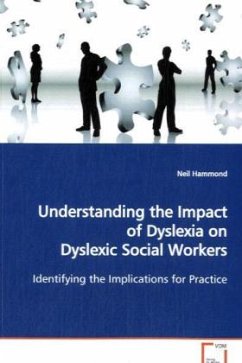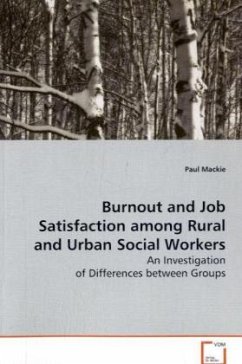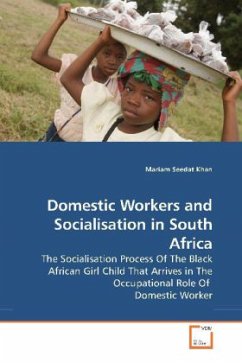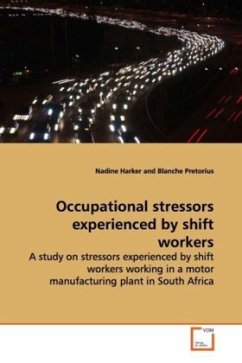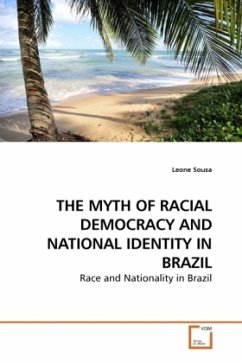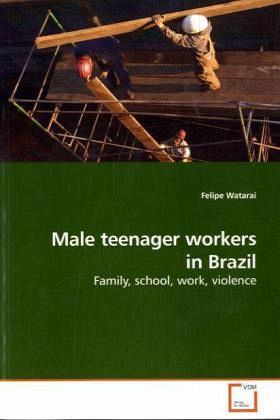
Male teenager workers in Brazil
Family, school, work, violence
Versandkostenfrei!
Versandfertig in 6-10 Tagen
39,99 €
inkl. MwSt.

PAYBACK Punkte
20 °P sammeln!
As investigating male teenagers of low-income classes in several countries, some topics are invariably mentioned. Hence, their early entrance into the labor market; their precarious academic performance, or, the tough educational obstacles they need to overcome; violence from urban criminality victimizing them, or, of which they become agents and criminals; are practically inescapable issues to be discussed. Seeking a wider and more integrated comprehension of these themes, this work investigated through a qualitative approach how male teenagers, who had a paid job at the same time they were a...
As investigating male teenagers of low-income classes in several countries, some topics are invariably mentioned. Hence, their early entrance into the labor market; their precarious academic performance, or, the tough educational obstacles they need to overcome; violence from urban criminality victimizing them, or, of which they become agents and criminals; are practically inescapable issues to be discussed. Seeking a wider and more integrated comprehension of these themes, this work investigated through a qualitative approach how male teenagers, who had a paid job at the same time they were attending secondary school, relate with their different socialization environments. Via their routine of work, studies, their family life and neighborhood relations, these teenagers assimilate cultural references which orientate representations and practices, and are incorporated in their process of identity construction. Due to the interdisciplinary approach of this study, the analysis of the data from interviews and observations reports to different disciplines, being the main ones Anthropology, Sociology as well as Social, Educational and Developmental Psychology.



